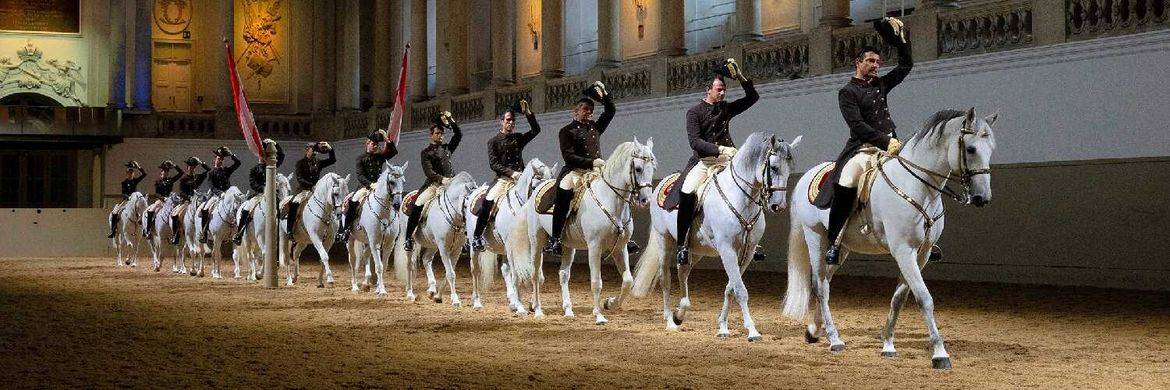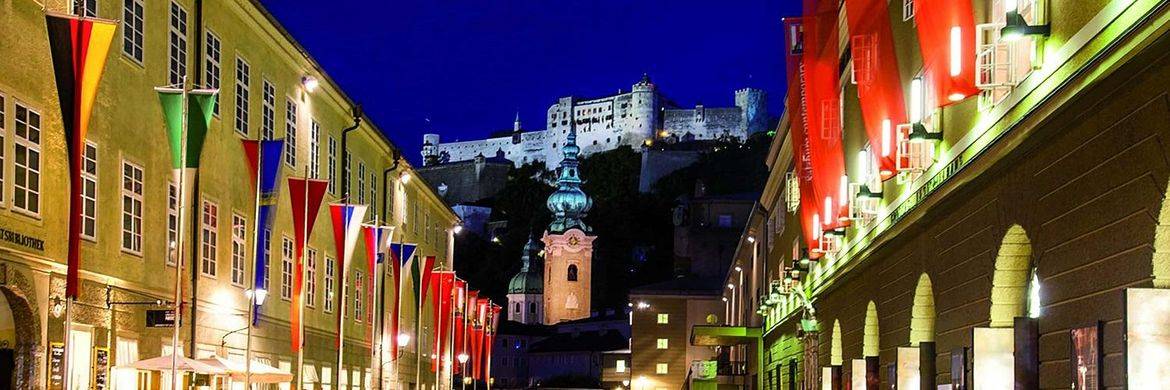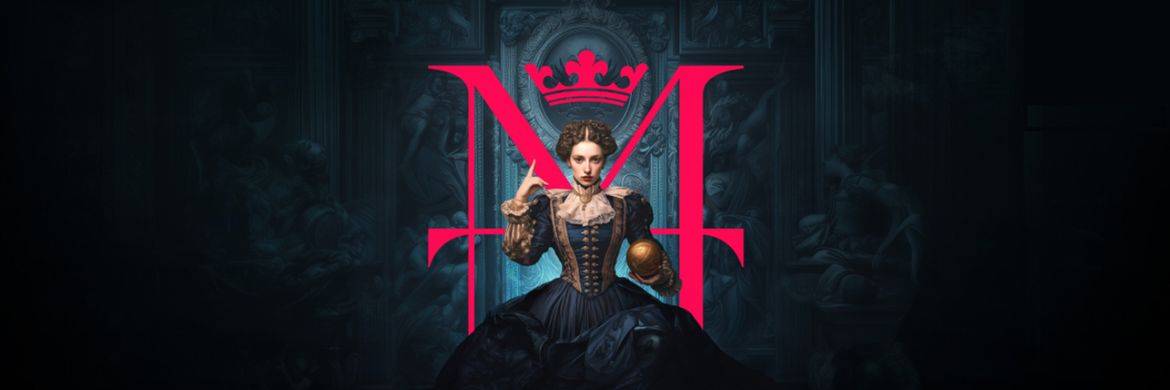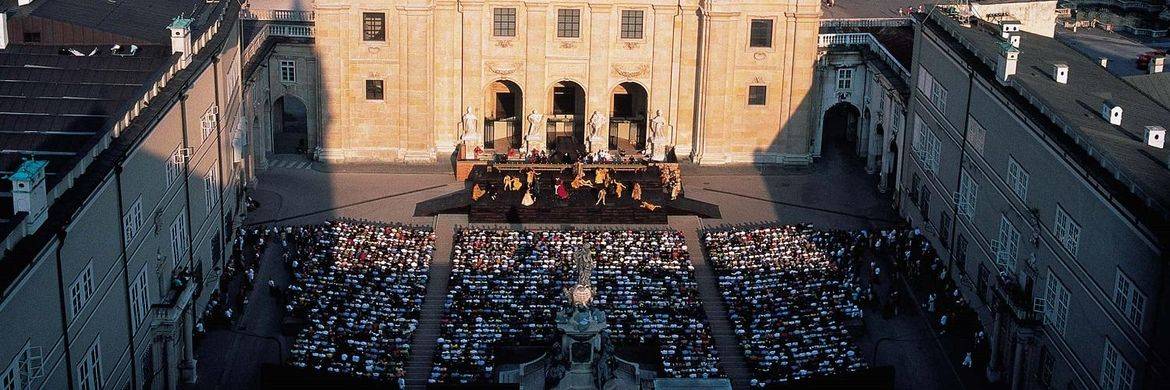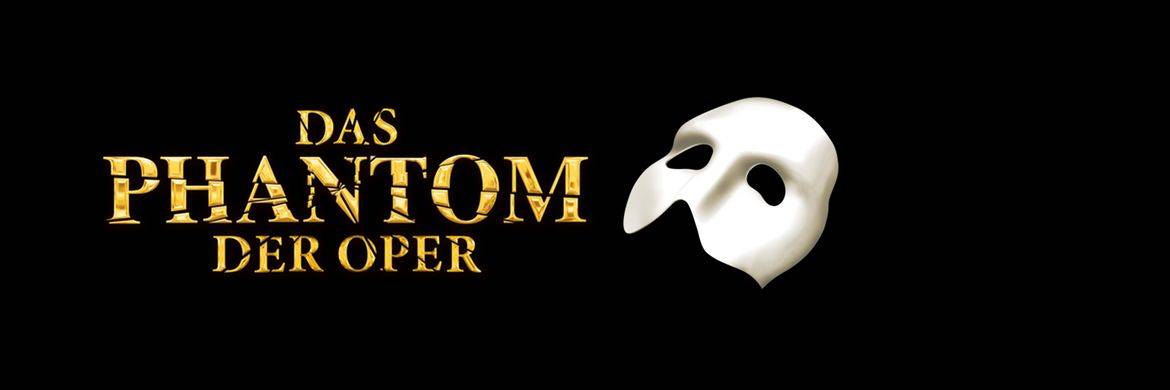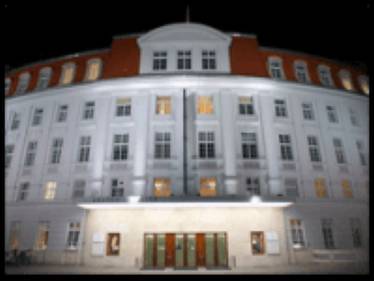Akademietheater - Schedule, Program & Tickets
Akademietheater
The Akademietheater, built between 1911 and 1913 by the architects Fellner and Hellmer and Ludwig Baumann, has been the second venue of the Burgtheater since 1922. After many years of intervention by the Burgtheater actors, who wanted a second, more intimate venue, Max Paulsen succeeded in incorporating the Theater der Akademie für Musik und darstellende Kunst, known as the Akademietheater for short, into the Burgtheater as a Kammerspielbühne.

